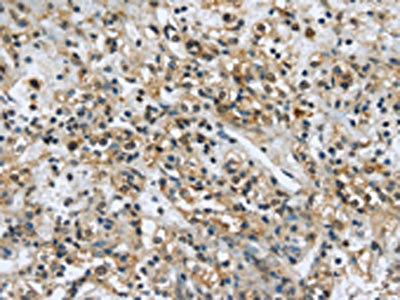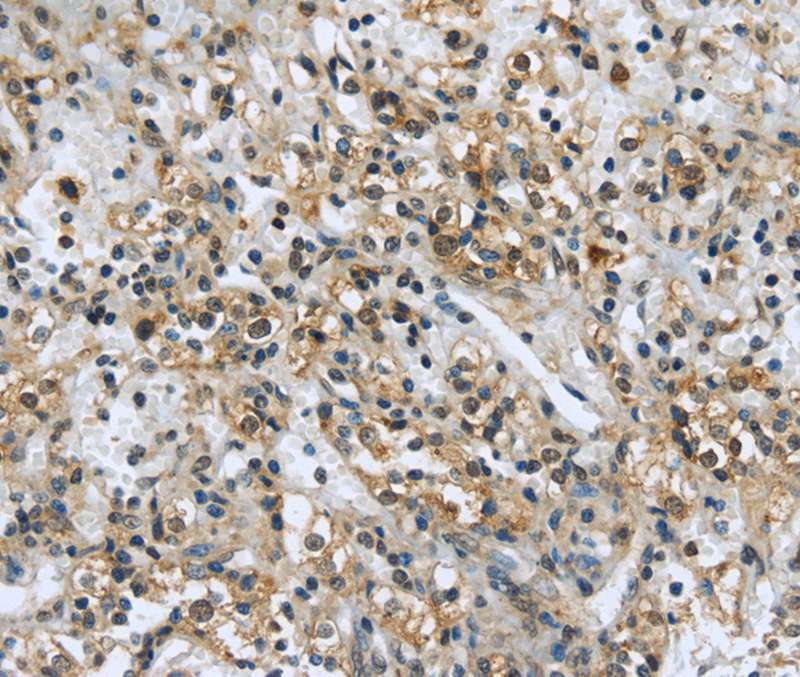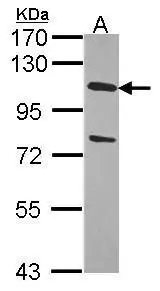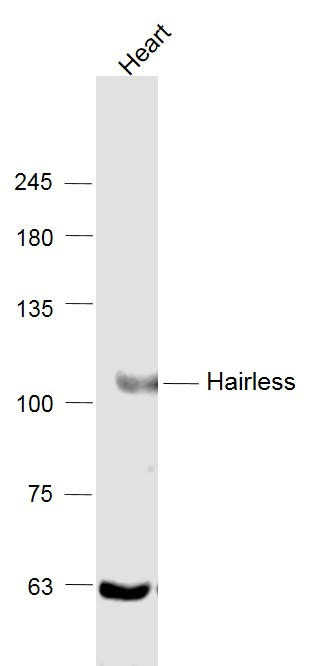
The image on the left is immunohistochemistry of paraffin-embedded Human prostate cancer tissue using CSB-PA042084(USP28 Antibody) at dilution 1/35, on the right is treated with synthetic peptide. (Original magnification: x200)
USP28 Antibody
CSB-PA042084
ApplicationsELISA, ImmunoHistoChemistry
Product group Antibodies
ReactivityHuman, Mouse, Rat
TargetUSP28
Overview
- SupplierCusabio
- Product NameUSP28 Antibody
- Delivery Days Customer20
- ApplicationsELISA, ImmunoHistoChemistry
- CertificationResearch Use Only
- ClonalityPolyclonal
- ConjugateUnconjugated
- Gene ID57646
- Target nameUSP28
- Target descriptionubiquitin specific peptidase 28
- Target synonymsubiquitin carboxyl-terminal hydrolase 28, deubiquitinating enzyme 28, ubiquitin thioesterase 28, ubiquitin thiolesterase 28, ubiquitin-specific-processing protease 28
- HostRabbit
- IsotypeIgG
- Protein IDQ96RU2
- Protein NameUbiquitin carboxyl-terminal hydrolase 28
- Scientific DescriptionThe ubiquitin-dependent protein degradation pathway is essential for proteolysis of intracellular proteins and peptides. Enzymes that remove ubiquitin from ubiquitin-conjugated peptides, like USP28, affect the fate and degradation of intracellular proteins and are essential for maintenance of cell-free ubiquitin pools (Valero et al., 2001).
- ReactivityHuman, Mouse, Rat
- Storage Instruction-20°C or -80°C
- UNSPSC41116161








